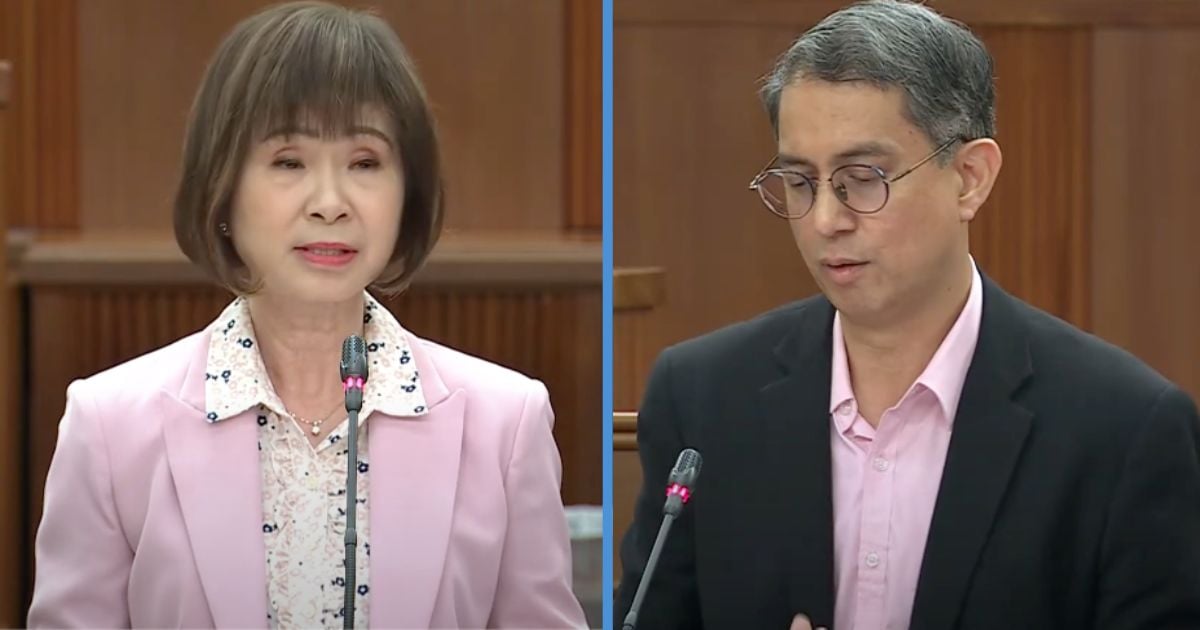A few days ago, the Worker’s Party (WP) made electoral history by seizing a record 10 seats in parliament, after successfully retaining Aljunied GRC and Hougang SMC, and capturing the newly-formed Sengkang GRC.
Some were overjoyed, some were dismayed, but all had to pick their jaws up from the floor in shock.
WP chief Pritam Singh was even made Leader of the Opposition by Prime Minister Lee Hsien Loong, a designation that has many implications for our parliamentary process.
And contrary to what many may think, 52.13% of Sengkang residents aren’t just celebrating because master debater Jamus Lim promised them more bubble tea shops.
Experts Say GE2020 Results Show S’poreans Are Looking Beyond Bread & Butter Issues
The fact that so many Singaporeans cast their ballots for opposition candidates in GE2020 shows that voters are looking beyond bread and butter issues, political analysts told CNA.
You’d think that bread and butter issues would be at the forefront of everyone’s minds with Covid-19 ravaging the economy, but that’s not the case.
This is why the People’s Action Party (PAP), who centred its campaign around saving lives and jobs, did not fare as well in this year’s election as they did in the last one.
The PAP won 69.9% of the popular vote in GE2015, but only 61.24% in the 2020 general election.
Experts attribute this to the fact that voters are now more “discerning”, which is a polite way of saying they are more careful and critical in their selection.
Social Issues
Singapore Management University (SMU) law professor Eugene Tan said that voters are now more concerned about “post-material” issues, meaning issues related to the quality of life rather than economic security.
This includes concerns like national identity and social inequality, he said.
This was evident in netizens’ reaction to the two police reports filed against Worker’s Party candidate Raeesah Khan.
A few days before Polling Day, the police announced they were investigating Khan for comments on race that she made on Facebook posts two years ago.
Instead of attacking her, however, netizens rushed to her defence, applauding her courage for speaking out against perceived social injustices.
Many felt that the police reports were unwarranted because Khan wasn’t trying to stir up racial tensions but hoping to start a dialogue on racial issues in Singapore.
So, they starting posting pictures of cats for her on Twitter in a show of solidarity.
This may have worked in WP’s favour in the end, as Khan was part of the WP team that won against the PAP in Sengkang GRC, a constituency with many young voters.
A Desire for Diverse Voices
In addition to social issues, voters may have opted for the opposition because of a desire for diverse voices in parliament.
This is something almost every opposition party who contested in GE2020 argued in their rallies and speeches: that the ruling party requires a check and balance and opposition spokespersons to hold them accountable.
According to one expert, voters wanted to send the PAP a signal; that they still want them in power, but did not want to grant them unrestricted power and freedom of action in parliament.
Or, as Jamus Lim famously put it: “What we’re trying to deny them is a blank cheque”.





